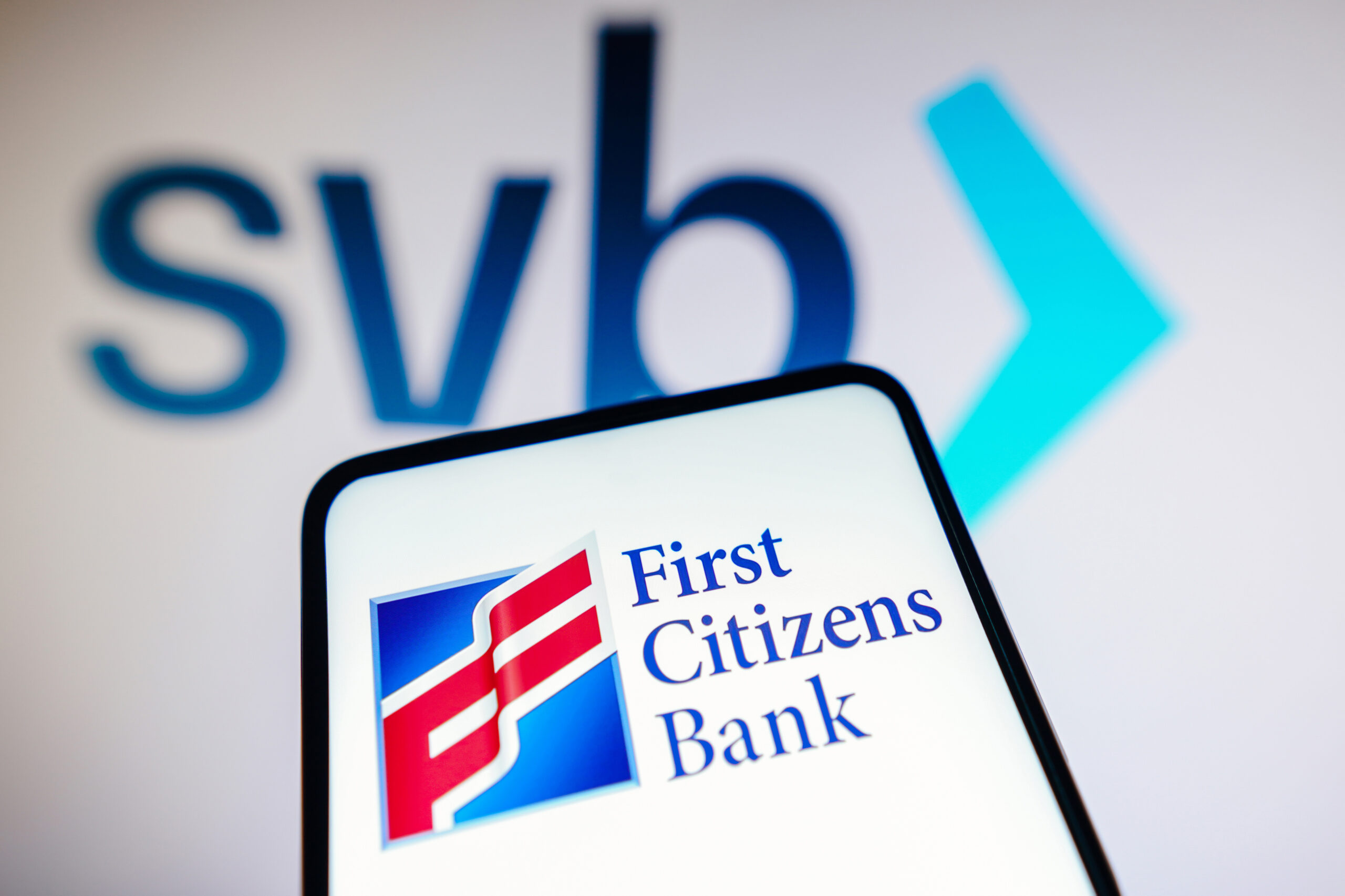On Monday morning, clients of what used to be Silicon Valley Bank (SVB) found themselves with a new and largely unfamiliar banker: First Citizens Bank, a North Carolina-based company that’s been a major buyer of distressed banks in recent years.
In a shareholder call on Monday, First Citizens CEO Frank Holding hailed its acquisition of parts of the failed bank as “momentous” and said that it was “well-positioned to understand the unique needs” of SVB’s tech-centric customer base.
“We are committed to continuing to help innovators and investors move bold ideas forward,” Holding added, saying he sees “tremendous promise” in further expanding into tech and venture capital.
Despite First Citizens’ excitement over the deal, many are skeptical that it will preserve the spirit of SVB, which was both a commercial bank and a major provider of venture debt to startups.
“My view is not very optimistic,” said Haydar Haba, managing partner at Andra Capital. “That’s what these guys do; they acquire banks that are in distress or go down.”
Sweet Deal
Shares of First Citizens BancShares, Inc. skyrocketed on Monday, reflecting the reality that the North Carolina bank got “a sweet deal,” said Haba.
First Citizens acquired $56 billion in deposits held by Silicon Valley Bridge Bank along with $72 billion in loans at a discount of $16.5 billion, according to a press release. Other assets, including $90 billion in securities, were not included in the deal. The North Carolina bank also struck a loss-share agreement with the Federal Deposit and Insurance Corporation (FDIC) to hedge against potential credit losses, along with an additional line of credit.
First Citizens’ parent company has acquired more than a dozen banks over the past decade, and its acquisition of SVB’s assets places it among the top 15 U.S. banks, according to Bloomberg. SVB’s abrupt shutdown by regulators on Mar. 10 was the second-largest banking failure in history and a shock event for the venture capitalists and startups that had relied on the niche lender for decades.
“Given the bank is not a [systemically important bank], I am working with my finance team to figure out what this could mean,” said Punit Singh Soni, CEO of Suki, an AI assistant for healthcare and a customer of SVB.
“I think in the next few weeks it will shake out pretty quickly: Some of their people will stay or leave, the people who are part of groups that take care of startups,” he said. “It’s all up in the air.”
Veterans Jump Ship
First Citizens executives said on the Monday call that retaining top talent responsible for generating revenue was a major priority, and that its staffers were on the ground making connections with SVB employees.
SVB’s roughly 8,500 employees have been subject to significant uncertainty and whiplash since the bank’s abrupt collapse, but were told two weeks ago that their jobs were stable—at least for now.
In recent interviews, employees at SVB said that many were left shellshocked and angry by the bank’s sudden collapse, which was triggered by a Mar. 8 disclosure that it had sold its securities, notably U.S. Treasury bonds that had lost value as interest rates rose, at a loss of nearly $2 billion.
Three longtime SVB managers who had worked to build relationships across venture capital, software and emerging technologies left last week to join Stifel Financial’s Venture Banking Group. Those three veterans, Jake Moseley, Matt Trotter and Ted Wilson, had worked at SVB for a collective 30-plus years, and said in a joint statement that Stifel was “the best place for us to continue our mission of providing best-in-class financial services to entrepreneurs and their investors.”
That’s a sign that staffers responsible for SVB’s extensive relationships with the tech sector aren’t sticking around, said Haba.
“It’s going to be fragmented, and the team is going to be dispersed,” Haba said.
Startups on Shaky Ground
SVB’s collapse left a major vacuum in venture lending—and Bay Area entrepreneurs and investors don’t see the bank’s new owner filling that void.
“I don’t know if the world of debt instruments and infrastructure for startups will come back; I do think there is a demand and need for something like that,” said Soni.
SVB was the largest provider of venture debt financing, a type of loan that typically doesn’t require founders to dilute the value of their shares. SVB was known to provide highly favorable terms on those loans, conditioned on those companies holding most of their deposits at the bank—one reason why the bank’s deposits ballooned to $190 billion during Covid as the tech sector boomed.
Its venture debt activity was essentially a loss leader for SVB, said Zack Ellison, founder and chief investment officer of A.R.I. Venture Debt Opportunities Fund.
“That model is toast now,” Ellison said. “This is not like SVB is back and open for business.”
Ellison said that SVB’s absence leaves a massive gap in the venture funding market at a time when many startups will soon need to raise capital. Equity investors have pulled back amid falling valuations in the tech sector, leaving a far more difficult road for startups needing to scare up funding.
Venture capital deals have plummeted alongside rising interest rates, with just 56 deals worth just over $1 billion in January in San Francisco, according to Pitchbook figures.
The demise of the biggest venture debt lender could force more startups into unfavorable or even “usurious” loan agreements that could be fatal to a swath of the startup sector, Ellison added.
“A lot of good companies that were fundamentally sound business are going to wind up being distressed because they can’t get access to funding on reasonable terms,” he said.
